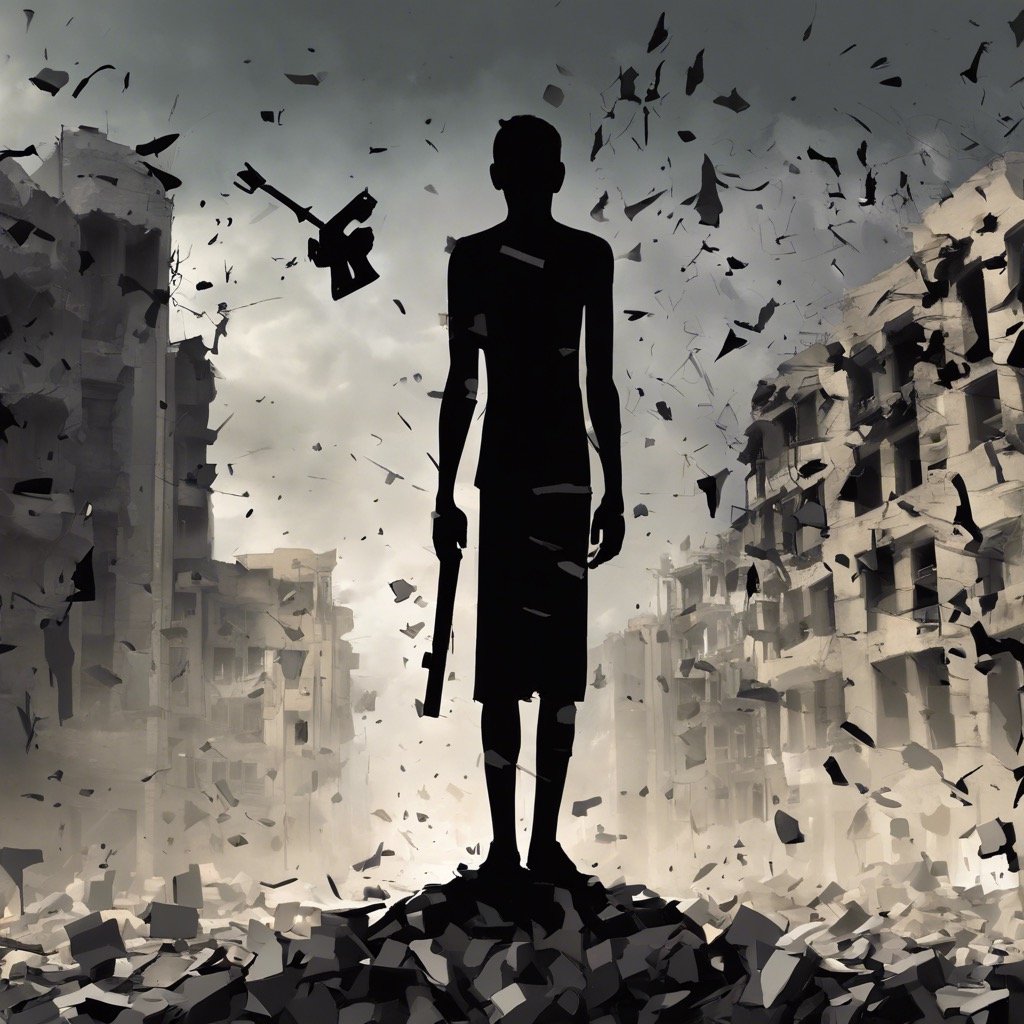
What were some of the key human rights violations committed during Sri Lanka’s civil war?
Some of the key human rights violations committed during Sri Lanka’s civil war include:
- Extrajudicial Killings: There were reports of targeted killings of individuals, including journalists, human rights defenders, and political activists. These killings were often carried out by unidentified armed groups.
2. Forced Disappearances: Many people, particularly from minority communities, went missing during the conflict. They were often abducted by armed groups, and their whereabouts remain unknown to this day.
3. Torture and Inhumane Treatment: There were widespread reports of torture and inhumane treatment of detainees by security forces and armed groups. This included physical abuse, sexual violence, and psychological torture.
4. Arbitrary Detention: Thousands of individuals, including suspected rebels and civilians, were arbitrarily detained without due process. They were held in detention centers, often without access to legal representation or contact with their families.
5. Attacks on Civilians and Civilian Infrastructure: Both sides of the conflict targeted civilian populations and infrastructure, resulting in numerous civilian casualties. These attacks included bombings, shelling, and deliberate destruction of homes, hospitals, and schools.
6. Recruitment of Child Soldiers: Both the Sri Lankan security forces and the rebel group, the Liberation Tigers of Tamil Eelam (LTTE), recruited and used child soldiers during the conflict. Children were forcibly taken from their families or voluntarily joined due to various reasons.
7. Restrictions on Freedom of Movement and Access to Essential Services: Both the government forces and the LTTE imposed restrictions on the movement of civilians, particularly those in conflict-affected areas. This limited their access to essential services such as food, water, healthcare, and education.
These human rights violations had a devastating impact on the affected individuals and communities, causing immense suffering and loss. It is crucial to address these violations, ensure accountability for those responsible, and work towards reconciliation and healing in Sri Lanka.






